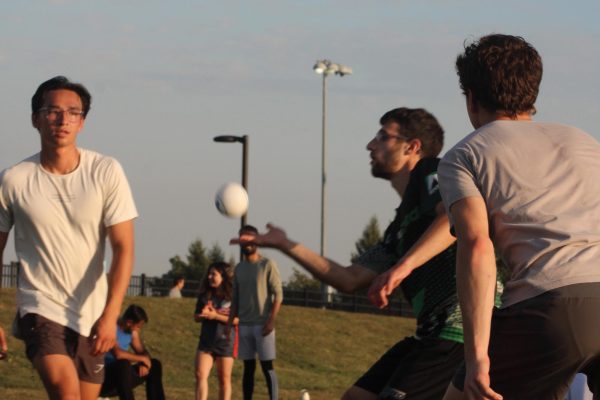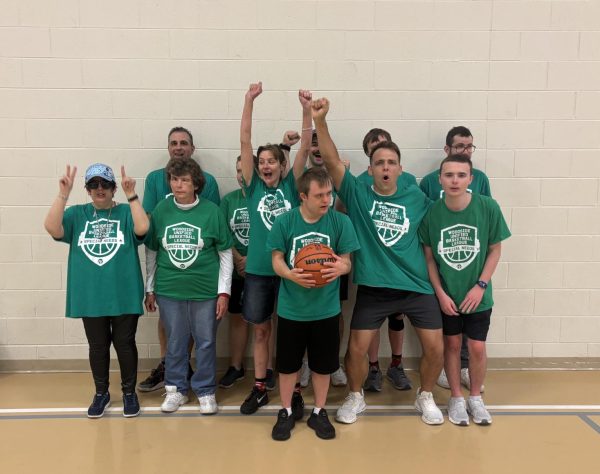Cortina Pena, Darcel Green advocate for diversity in health care
Results from a George Washington University study found a severe lack of diversity in the health care workforce, which could worsen health disparities that already exist for minorities.
“Our findings suggest that Blacks, Latinos and other people of color have been left behind when it comes to the health professions,” lead study author and Senior Research Scientist Edward Salsberg said.
Cortina Pena and Darcel Green are striving to be part of the resolution to this ongoing problem.
Pena and Green are students of OU’s Nursing Program and serve as president and vice president of OU’s Black Student Nurses Association (BSNAOU). They aim to be two powerful voices for change, and hope their efforts will help redefine how diversity looks in healthcare.
“Diversity and inclusion is just equality across the board,” Green said. “Nobody is being treated differently because of the color of [their] skin and just being fair just across the board. Diversity is everyone coming together, knowing that they have the same goal in mind.”
Pena and Green also want to become patient advocates. Pena explains the lack of diversity in the field directly correlates to some of the issues that minorities experience when they receive medical care.
“It’s evidenced now by research that African American women or women of color have higher mortality rates during child labor and in post complications. Why is that?” Pena said. “We’re going to the same hospital, we’re seeing the same doctors, yet voices are not heard. So that’s the change I would like to see. That’s another reason I went into becoming a nurse — because I wanted to be that voice.”
Green adds that the issue is not just lack of diversity — she believes there is also implicit bias within the medical community, and the key to combating it is a diversified workforce.
“There’s definitely a stigma when we go in to get care,” Green said. “We are in severe pain, but it’s, ‘oh this person is drug seeking,’ and it’s like — no, we are really just in a lot of pain.
“I think that is definitely a reason why, as I got older, I wanted to go into nursing, because I feel like, as a nurse, we’re advocates for our patients, and me being a Black nurse and a woman — I’m not only advocating for Black women, but I’m also advocating for Black people who are faced with that type of stigma,” Green said.
Both women have had occurrences when they felt misheard while seeking medical care. Pena specifically cites a moment when she took her daughter to a dermatologist appointment and used the negative experience as a tool for teaching.
“My daughter literally waited weeks for [an] appointment — almost three months — [and the doctor] spent a total of six minutes with her,” Pena said. “He didn’t look at her skin. She’s telling [the doctor] what [medicine] she’s already used, and [the doctor was] telling her to use it again. [At this moment,] I had to allow my daughter to experience how one can treat you if you don’t speak up.”
Pena and Green continue to speak up as leaders of BSNAOU. They want to promote diversity and inclusion on OU’s campus and ensure that other minority students in the nursing program feel like they have a support network.
“We just want to be there, to let them know [they] are not alone in this thing,” Green said. “If I’ve got to hold your hand all the way to the finish line, if I’ve got to be the one holding the ribbon for you so you can cross it — that’s what I literally want to do. Our journey is hard [enough] as it is, and we do not need to be on it alone.”






